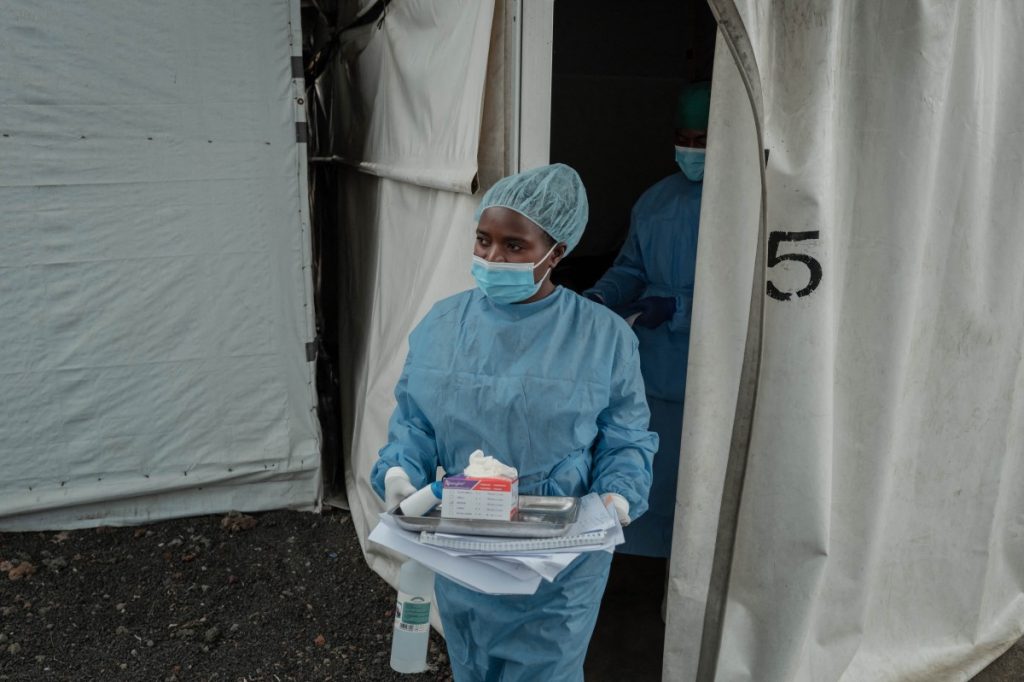Mpox cases and deaths are increasing in the Democratic Republic of Congo (DRC) as the country awaits vaccines from the United States and Japan, according to Health Minister Samuel-Roger Kamba.
In just a few days, this year’s toll rose from 16,000 cases and 548 deaths to 16,700 cases and over 570 deaths. Kamba described the situation as a continental emergency during a press briefing as the World Health Organization (WHO) urged affected regions to enhance vaccination efforts against a more virulent strain of mpox.
On Wednesday, the WHO declared the mpox surge in Africa a global public health emergency. Since July, outbreaks have been reported in Burundi, Kenya, Rwanda, and Uganda, with a case of the new strain also identified in Sweden.
The United States has pledged 50,000 vaccine doses to the DRC, while Japan has promised 3.5 million doses for children only, according to a medical source. The DRC plans to vaccinate four million people, including 3.5 million children. Kamba expressed hope that vaccines would arrive within the week, emphasizing their crucial role in addressing the outbreak.

The DRC has reported cases in all 26 provinces, prompting the WHO to classify the outbreak as a public health emergency of international concern. On Monday, the WHO released updated guidelines to combat the rise in cases, recommending enhanced investigation of outbreaks to understand transmission dynamics and prevent spread within communities.
Health authorities must report new cases weekly and monitor contacts to prevent further transmission. Countries should be prepared to offer support, including food and isolation in care centers for mpox patients, as needed. The WHO also urged for greater cross-border collaboration to manage suspected cases without unnecessarily restricting travel and trade, which could harm economies.
While mpox has been known for decades, the new clade 1b strain is more deadly and transmissible, causing death in about 3.6% of cases, with children at higher risk. Kamba noted that more young people in the DRC are being affected, particularly those under 15.
The African Union health agency reported a total of 18,737 suspected or confirmed mpox cases in Africa since the beginning of the year, including 1,200 cases in just one week. Formerly known as monkeypox, the virus was first identified in humans in 1970 in what is now the DRC and is transmitted from infected animals to humans, as well as through close contact between humans. The disease presents with fever, muscular aches, and large boil-like lesions on the skin.


